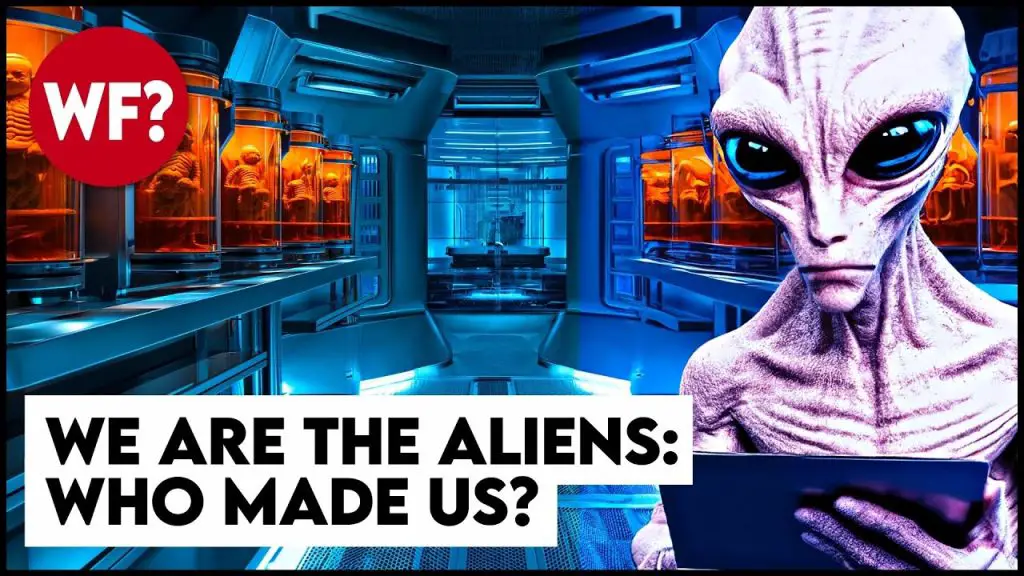
In the grand tapestry of the cosmos, the origins of life on Earth have been a subject of endless fascination and inquiry. Among the myriad theories proposed by scientists and thinkers alike, one stands out with its bold assertion that we, the inhabitants of Earth, might not be solely of this world. This theory, known as panspermia, suggests that life’s seeds were not sown on the fertile grounds of Earth from scratch but were instead delivered from the vast reaches of space.
The Journey from the Stars
Panspermia posits that microscopic life forms, capable of surviving the harsh conditions of space, journeyed across the interstellar void, hitching rides on comets, asteroids, or meteorites, to find a new home on Earth. This journey, spanning possibly millions of years, could explain how life began on our planet. The theory challenges the traditional notion of abiogenesis, which argues that life arose independently on Earth through natural processes.
Microbial Astronauts: Evidence and Implications
Evidence supporting panspermia comes from the study of extremophiles—organisms that thrive in conditions previously thought to be uninhabitable. These resilient beings survive extreme temperatures, radiation, and vacuum, hinting at a possible extraterrestrial origin. Moreover, discoveries of organic molecules in comets and meteorites add credence to the idea that the building blocks of life could indeed travel across the cosmos.
VIDEO: The Why Files – We Are the Aliens | Life’s Interstellar Journey to Earth: Panspermia
The panspermia hypothesis also gains support from the analysis of ancient rocks on Earth that contain isotopic signatures and biogenic carbon, suggesting that life might have appeared on Earth much earlier than previously thought, possibly during the Hadean or Archean eons. These findings challenge the timeline of life’s emergence and open the door to the possibility that Earth’s first life forms were alien stowaways.
Directed Panspermia: A Galactic Gardening?
Taking the concept a step further, some propose the theory of directed panspermia, which suggests that life on Earth was not a mere accident but a deliberate act by an advanced extraterrestrial civilization. This controversial idea implies that these cosmic gardeners seeded Earth with life for reasons unknown, perhaps as part of a galactic experiment or as a way to ensure the propagation of life throughout the universe.
Unraveling Our Origins
The implications of panspermia are profound, challenging our understanding of life’s origins and our place in the universe. If life on Earth indeed has extraterrestrial roots, it would suggest that the universe is teeming with life, much of it possibly sharing a common ancestry with us. It raises philosophical questions about the nature of life itself and the interconnectedness of all living beings across the cosmic expanse.
The Search Continues
While panspermia remains a hypothesis, the search for evidence continues. Space missions like the study of asteroids, comets, and the Martian surface aim to uncover more clues about the organic compounds present in our solar system. As our technological capabilities grow, so does our ability to probe deeper into the mysteries of life’s origins.
Don’t forget to follow us on Instagram for the latest UFO videos & photos.
Link: instagram.com/latestufos/
The panspermia hypothesis offers a tantalizing glimpse into our cosmic legacy, suggesting that we may indeed be aliens, our lineage tracing back to the stars. As we continue to explore the vastness of space and the depths of our own planet, we inch closer to understanding the true origins of life on Earth. Whether we find definitive proof of panspermia or not, the journey of discovery will undoubtedly shed light on the intricate and wondrous nature of life itself.

Leave a Reply